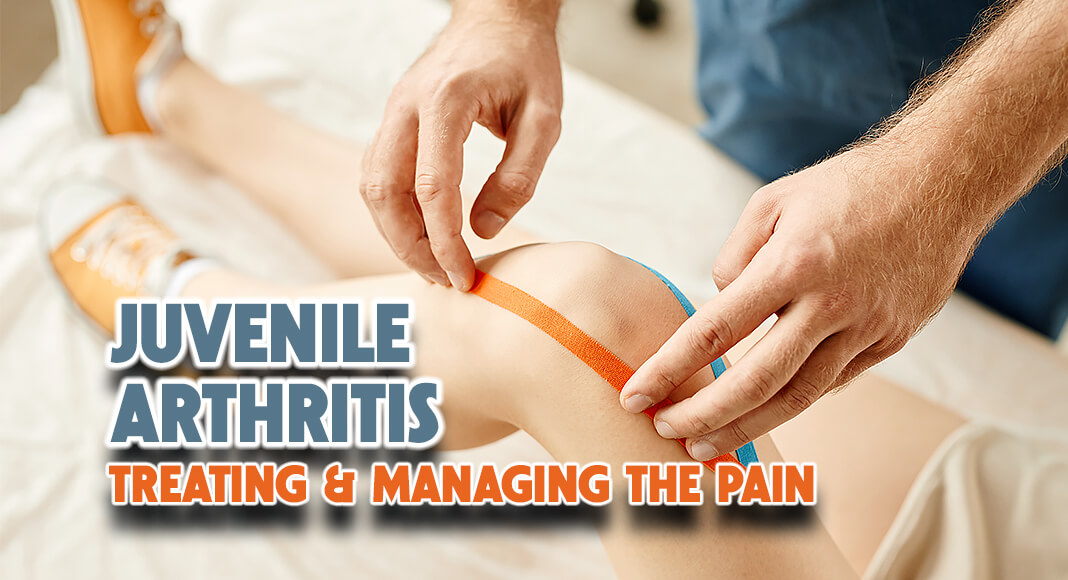
Mega Doctor News
Although more common in adults, arthritis and other rheumatic conditions also occur in children. The most common type of childhood arthritis is juvenile idiopathic arthritis (JIA), also known as juvenile rheumatoid arthritis. Read on to learn about treating childhood arthritis and other rheumatic conditions and transitioning your pediatric patients to adult care. Referral to a pediatric rheumatologist can help.
To find a pediatric rheumatologist near you, go to ACR’s rheumatologist locator and filter results to show providers who specialize in pediatric rheumatology.
Arthritis in Children
The symptoms of childhood arthritis can vary, but usually include pain, stiffness, and swelling. These symptoms can sometimes be confused with other illnesses and injuries.
- Visit the Arthritis Foundation website, Kids Get Arthritis, Too, to learn more about symptoms and other basics of juvenile arthritis.
Treating and Managing Arthritis in Children
There are many ways to treat arthritis in children. You should work with your patient and their parents or caregivers to create a treatment plan that works for them.
- Visit the Kids Get Arthritis, Too page on medical care for juvenile arthritis.
- To learn how to help your patients and their caregivers manage their medications, visit the Kids Get Arthritis, Too page on managing medications.
Encouraging Physical Activity in Children
Physical activity can be a good way for kids to manage their arthritis pain. To learn about the importance of physical activity for managing childhood arthritis and how patients can stay active, visit the Kids Get Arthritis Too page staying active with juvenile arthritis.
Transitioning Patients to Adult Care
Although some children with arthritis achieve permanent remission, sometimes childhood arthritis can continue into adulthood. The transition from pediatric to adult care can be difficult for patients and physicians.
Information Source: CDC








